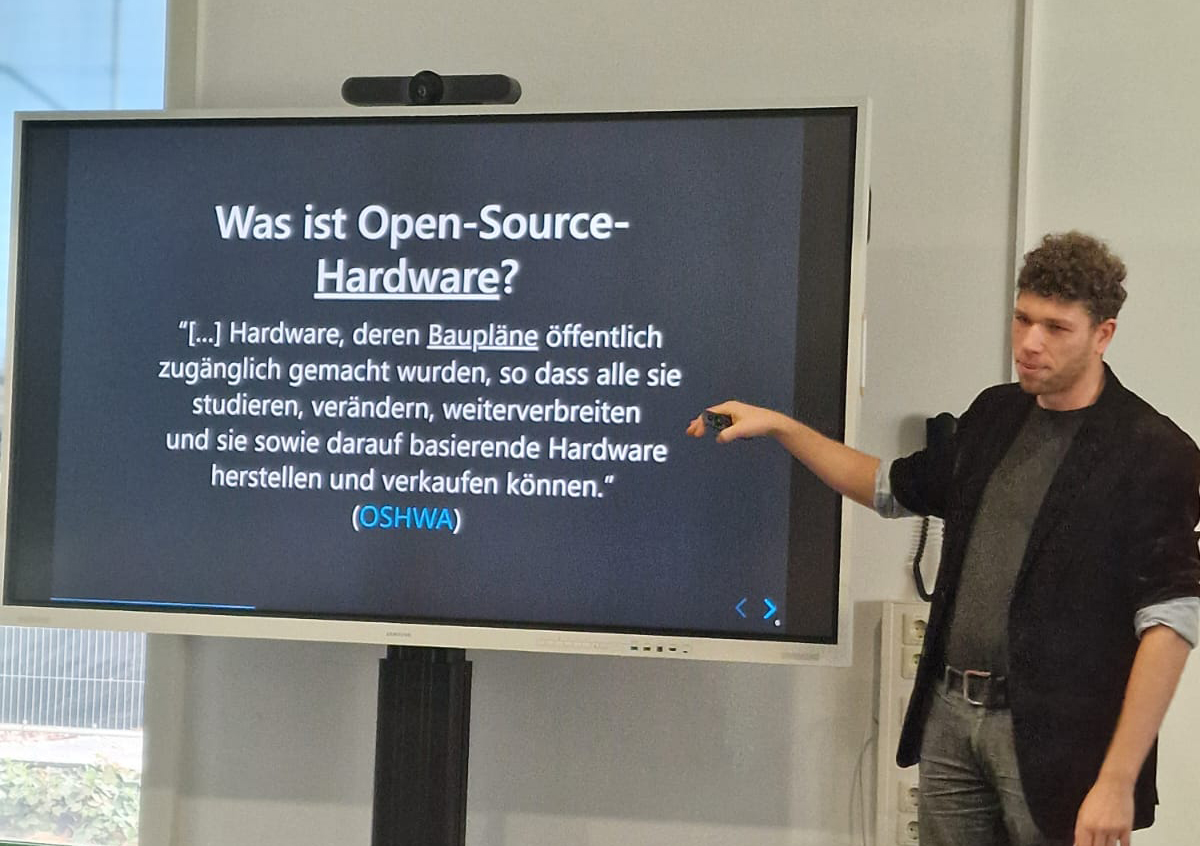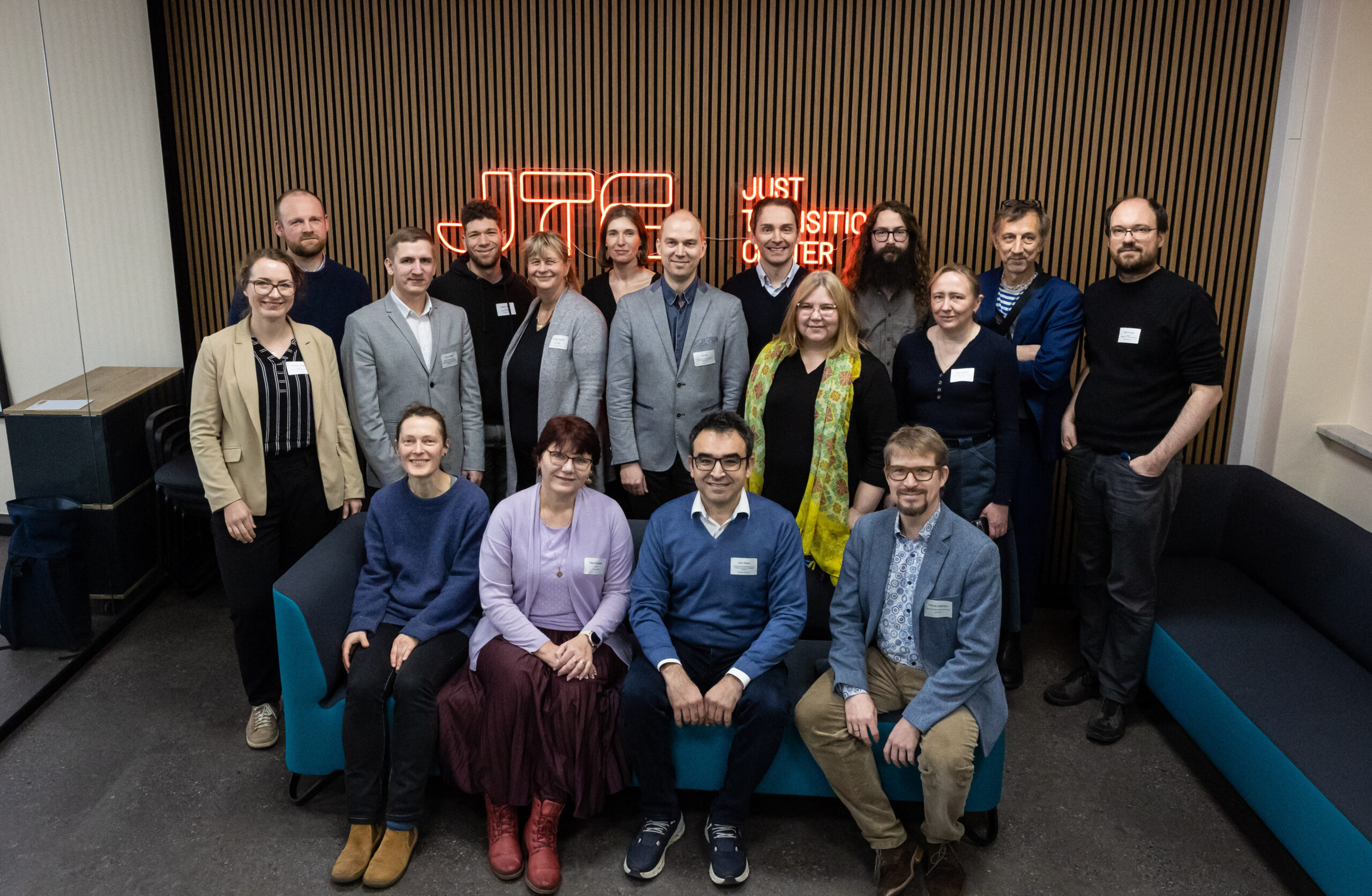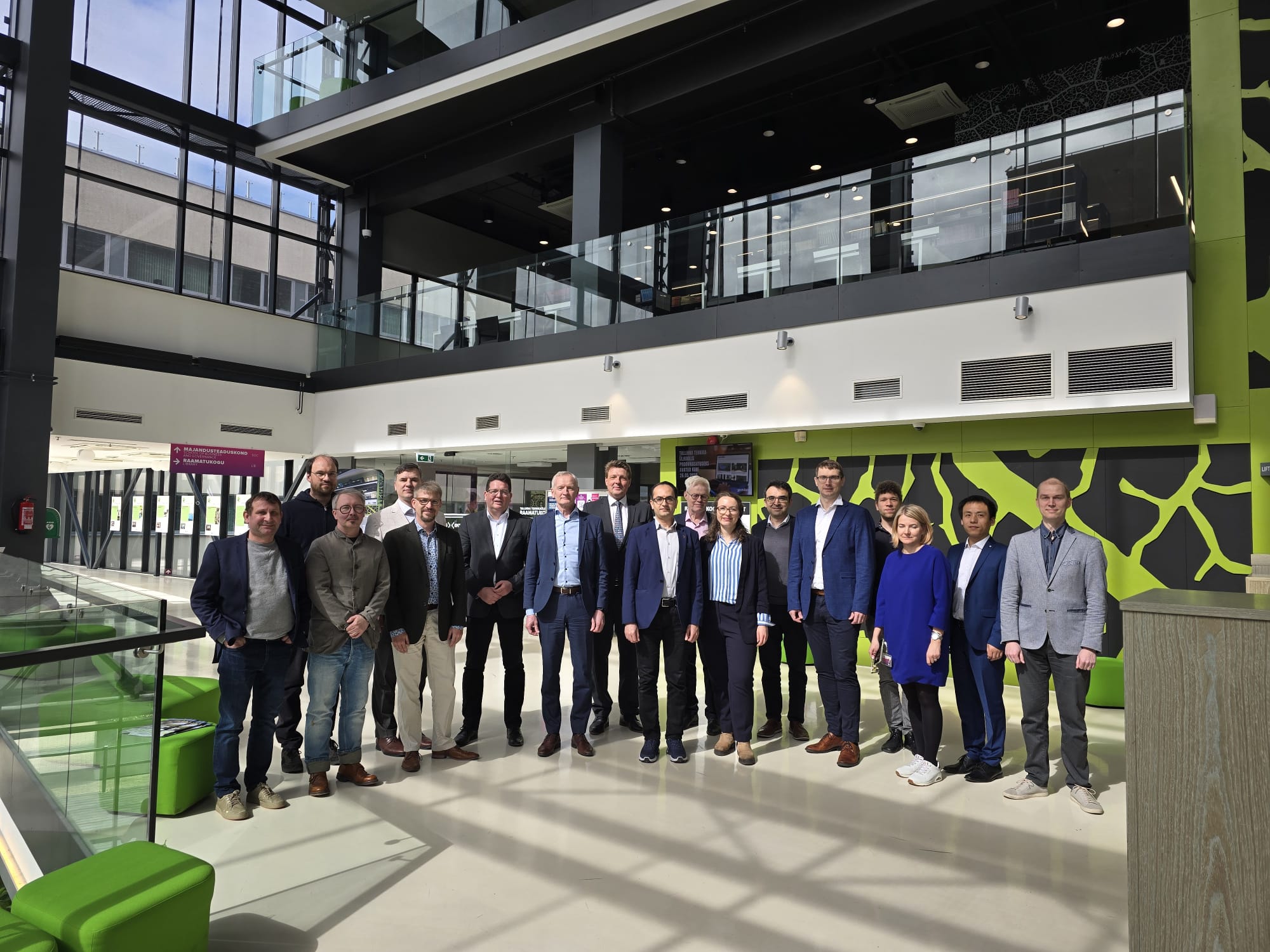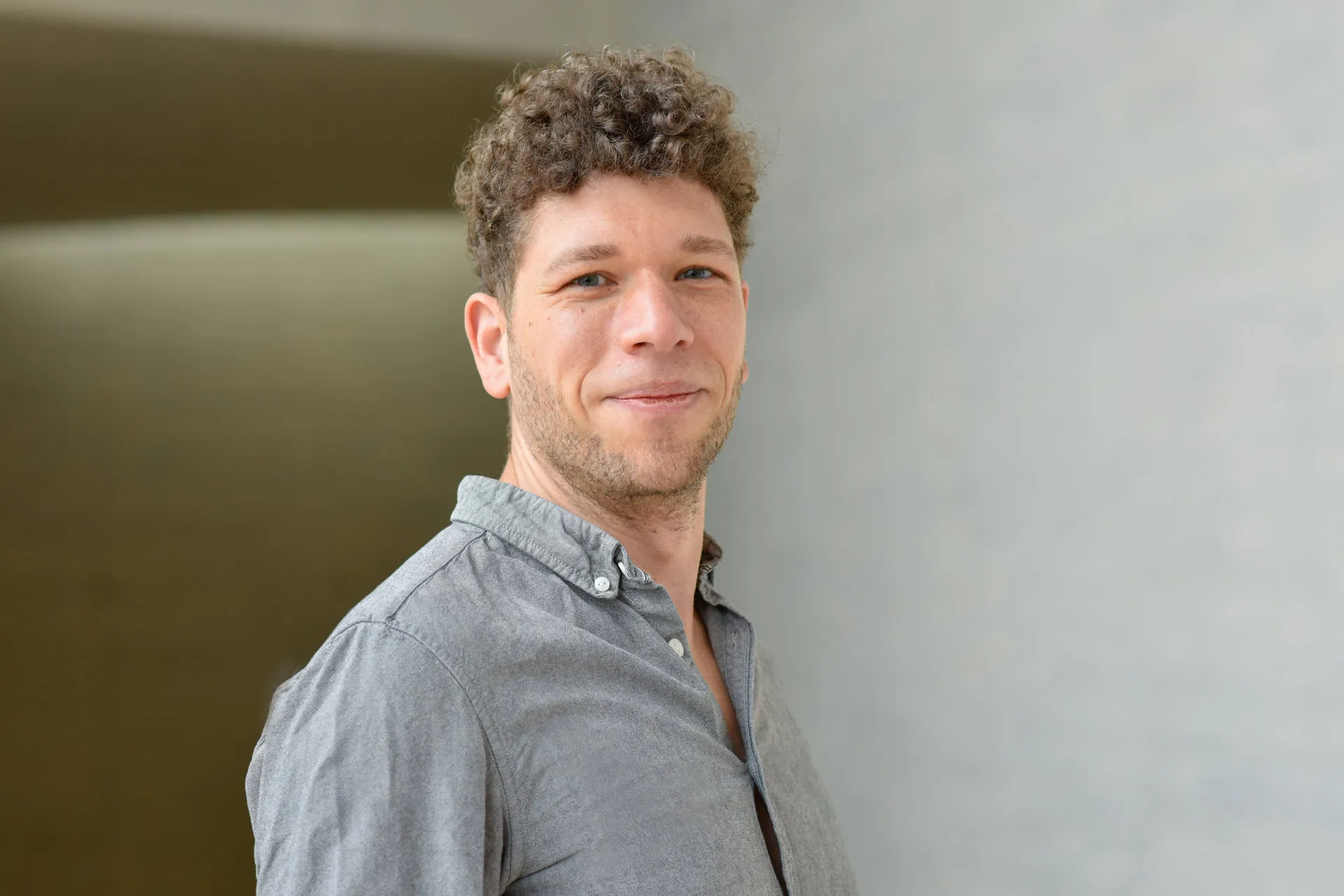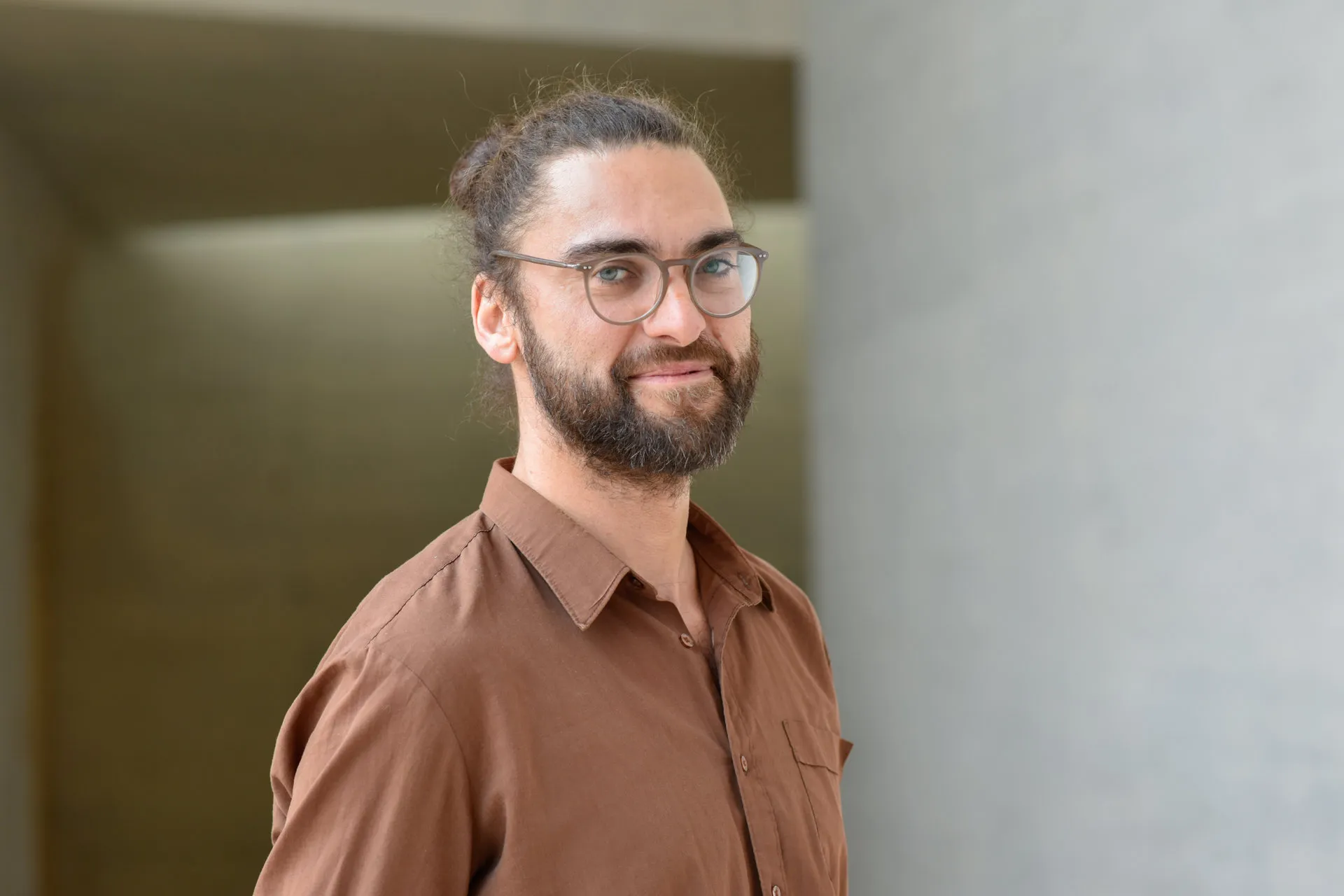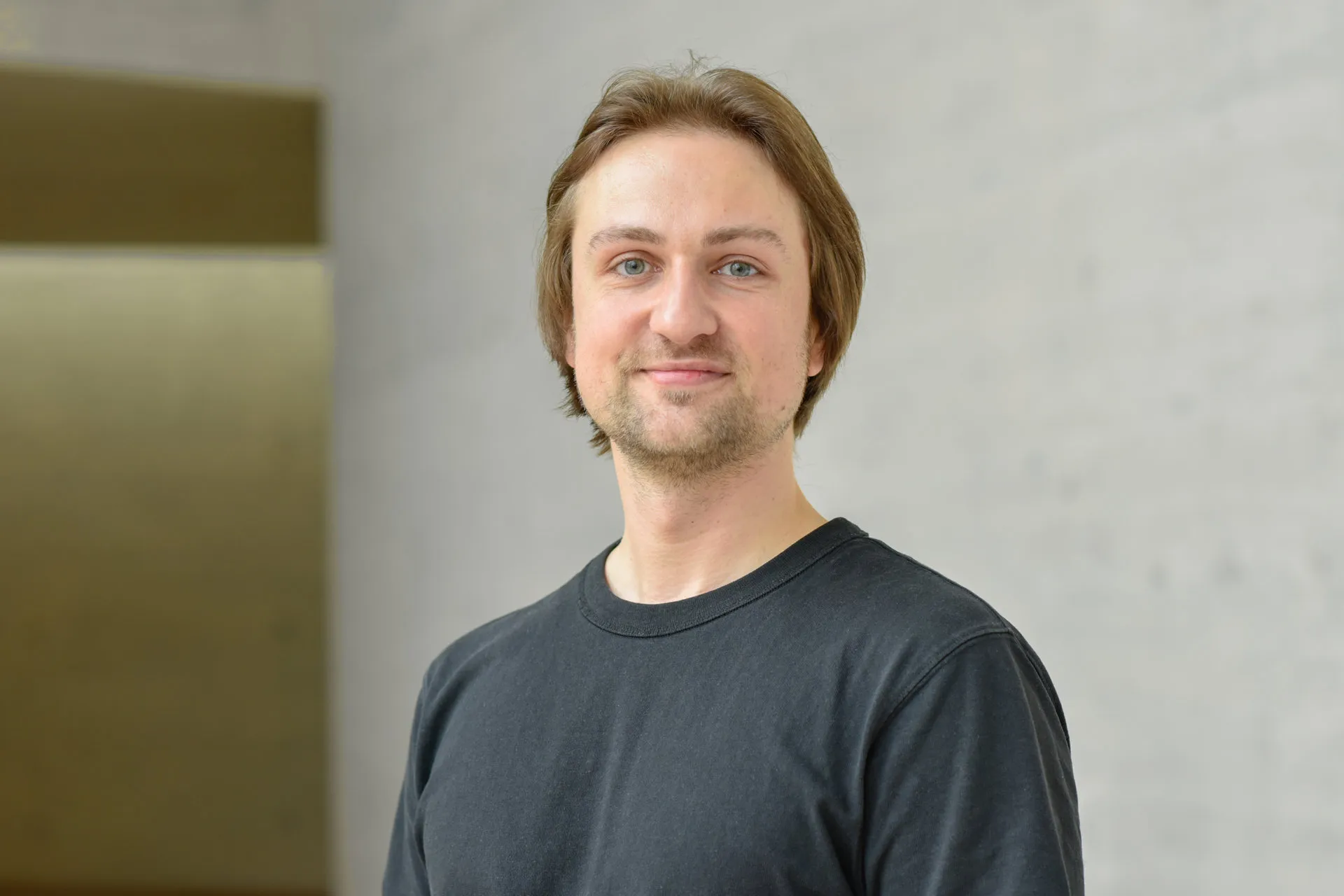Sustainability Standardisation
Open-source hardware and software have the potential to support critical infrastructure. We explore how open source can be used as a standard to make the business world more inclusive and democratic.
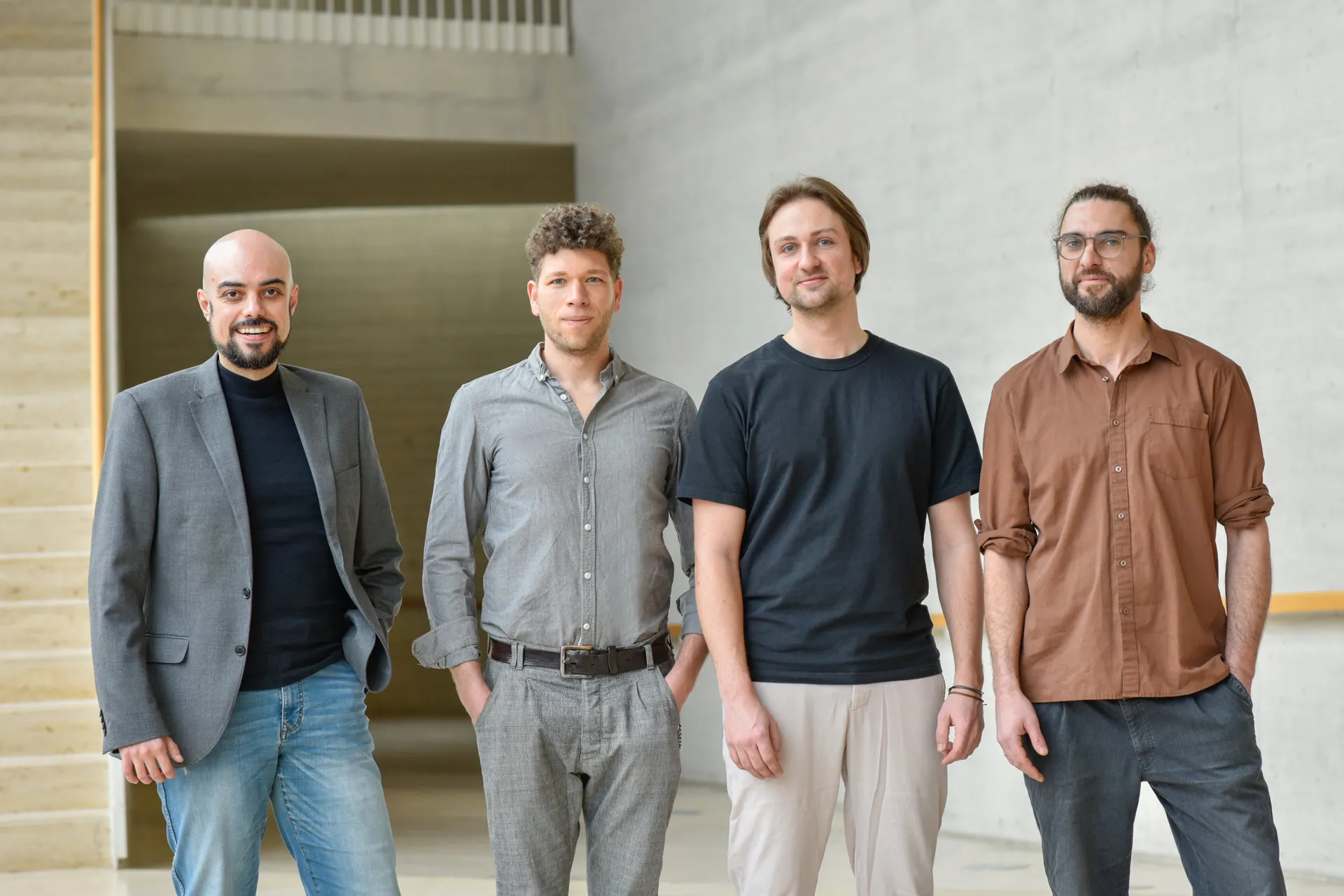
Open-Source Software (OSS) has long become the backbone of the digital world (96% of all codebases use OSS) and Open-Source Hardware (OSH), while still evolving, shows very similar dynamics.
We work on the intersection between open-source and de jure standards and how to shape sustainable business, governance and property models for commons public partnerships.
continue reading
De jure standardization has proven to provide a solid foundation for societal consensus on complex technical issues – involving actors that wouldn’t cooperate otherwise. It also features a powerful bridge between public regulation and market needs, while deploying progressive democratic principles.
However, the implementation of those standards sometimes falls short in interoperability, inclusivity and sustainability. Many committees practically reassemble “old boy’s clubs”, dominated by powerful players. Meanwhile, open-source technologies are reshaping the landscape, challenging the models of standards bodies that rely on selling documents and enforcing FRAND-based IP regimes.
Open-source bears the potential to carry critical infrastructures. No single vendor could control supply chains, maintenance, service or replacement parts. Yet, making this the standard is difficult. Regulators often don’t know how to handle open-source, traditional (vertical) governance models are not applicable and conventional business models often fail, since it’s about ecosystems, not unicorns.
We research these challanges and offer free consulting via our Open Source Project Office (JTC-OSPO).
We cordially invite you
Here you can find all the events where you can meet our research team. We look forward to your visit!
Zur Zeit keine aktuellen Events
